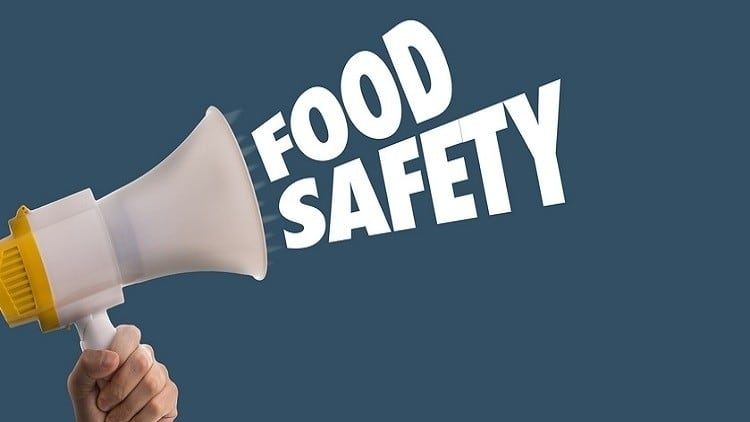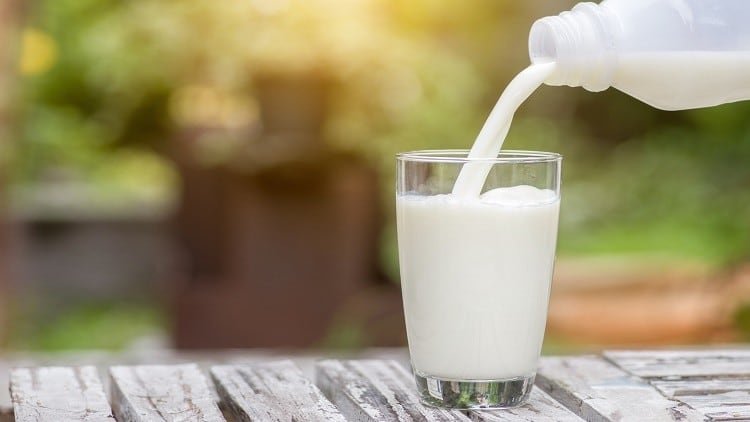FSSAI conducts nationwide checks to crack down on food adulteration, starts new training centre to raise safety standards
The Food Safety and Standards Authority of India (FSSAI) insists it is adopting a comprehensive approach to eradicate food safety issues in the country, including large-scale testings on key commodities like milk and dairy products.
At the inauguration of FSSAI’s new National Training Centre, Dr Mansukh Mandaviya, Union Minister for Health and Family Welfare, emphasised that “there will be no tolerance for food adulteration in the country”.
“FSSAI has formed a team along with state authorities to crack down on those who indulge in such malpractices. Large-scale testings would be carried out across the country, and action would be taken according to the Food Safety and Standards Act, 2006 (FSS Act 2006) against those found guilty,” he stressed.
FAO Exclusive Part II: Food tech and sector innovation vital for APAC to overcome ‘peculiar’ food supply and climate vulnerabilities
The Asia Pacfic region has a number of ‘peculiarities’ that make it more vulnerable to food supply and climate change risks than many other regions, meaning that quicker and more multiplicity in food solutions are needed, according to the UNFAO.
In Part I of our exclusive interview with United Nations Food and Agriculture Organisation (FAO) Chief Scientist Dr Ismahane Elouafi, she had highlighted on the important role that big multinational food and beverage brands play in improving the Asia Pacific food system.
Healthier but scarier: Over half of Chinese consumers doubtful about safety of sweeteners– national survey
Over half of all Chinese consumer still harbour doubts over the safety of both natural and artificial sweeteners on a regular basis, according to a recent nationwide survey.
This survey was conducted by the China Food Information Centre, a non-governmental organisation with a food safety and nutrition focus and its board comprises experts well-known for having a strong say when it comes to local policy design and implementation.
Some 5,112 consumers across 32 provinces in China were surveyed as part of this study, which was conducted via online questionnaires.
Caffeine caution: South Korea intensifies project to warn younger consumers of excessive consumption risks
The South Korean government is working to expand a pilot project warning consumers of excessive caffeine consumption, with a particular focus on children.
South Korea is widely known to have one of the largest populations of school-age adolescent consumers that habitually consume caffeine as an aid to deal with long nights of school work and examination stress.
The issue was so serious that South Korea implemented an all-out ban of high-caffeine drink sales to students in schools starting in 2013. It banned the installation of coffee vending machines and introduced mandatory warning labels and rules to govern the production of high-caffeine drinks including coffee and tea.
Coffee resilience: Nestle says diverse ag strategies needed to tackle sustainability challenges in SEA
Nestle has stressed that a range of regenerative agricultural strategies will be crucial to tackle coffee production and sustainability challenges in South East Asia.
The MNC detailed its view via the first progress report on its Nescafe Plan 2030.
This was first launched in 2018 with a focus on key coffee production markets, many of which are located in Asia including Indonesia, Vietnam, China, Thailand and the Philippines.





